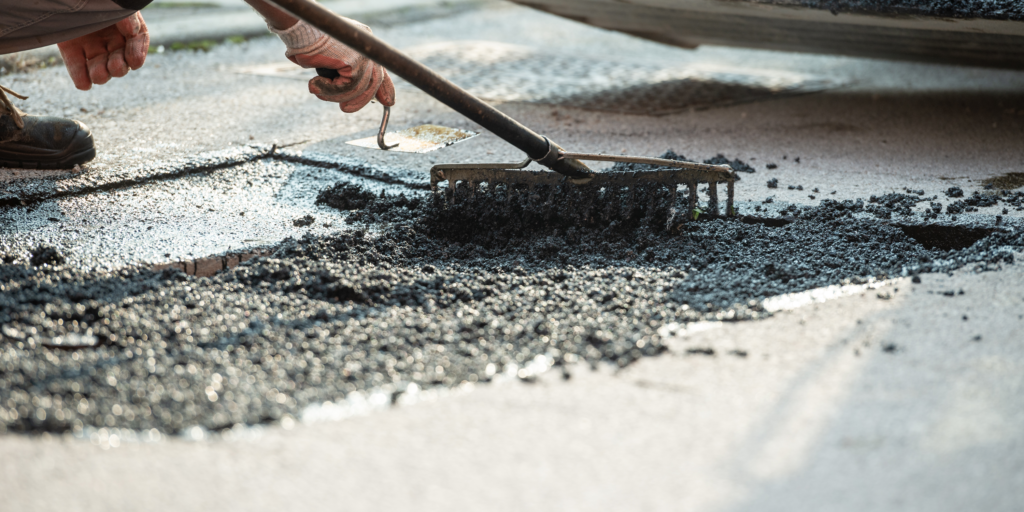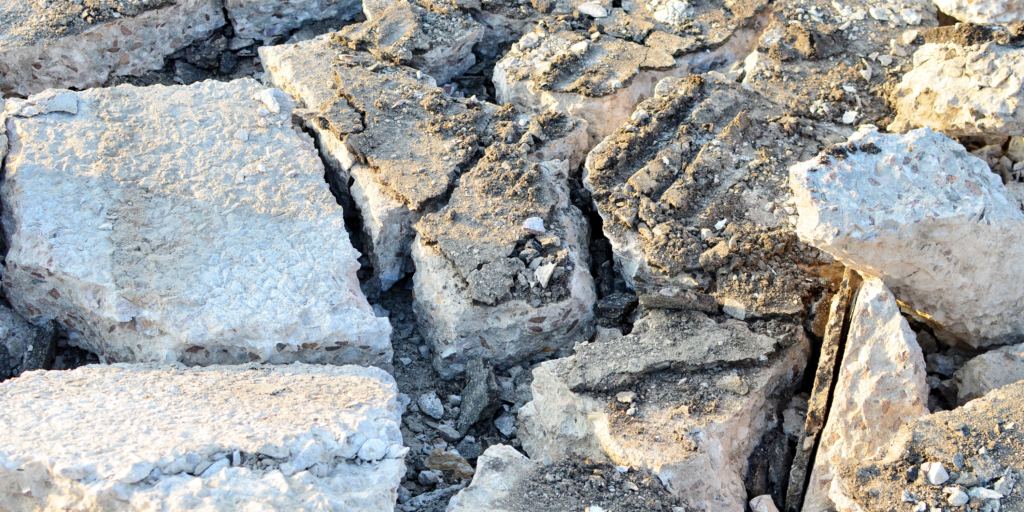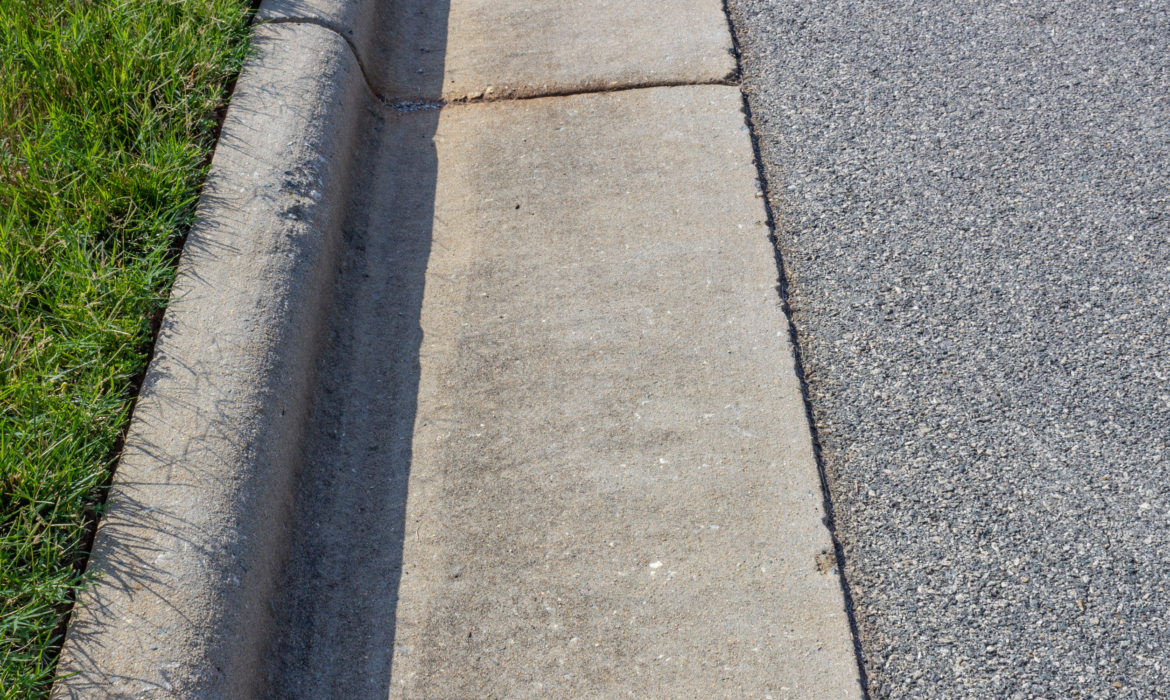Asphalt and concrete are both widely used as paving materials and are good for different jobs. The necessary decision-making process before paving includes knowledge about the differences between asphalt and concrete.
To make asphalt, the three main aggregates, sand, gravel, and crushed stone, are combined with the bitumen. After heating, this mixture gets spread on a suitable surface and hardens to become a robust pavement. Concrete has cement, water, and aggregates such as sand and gravel. This material is then poured into a form and cured to produce a firm pathway.
Cost Comparison: Which is More Affordable, Asphalt or Concrete?
Paving materials’ costs are affected by many factors including ongoing costs of repair and installation. Usually, asphalt installation costs are lower than those of concrete installation. Concrete is a more complex and time-consuming installation. Thus, asphalt is an easier and faster paving option.

Climate and maintenance costs may also have a long-term effect on expenses. Unlike concrete, asphalt can be broken down by weather conditions, and therefore, concrete may require fewer repairs and replacements. Concrete can last longer, and therefore, it is in need of less maintenance activities. One of the reasons why asphalt might be more affordable in the short run is the fact that concrete is more expensive in the long run.
Durability and Maintenance: Which Material Lasts Longer and Requires Less Maintenance?
The quality of pavement depends on durability; therefore, the selection of paving materials is important. Asphalt’s durability is affected by traffic volume and weather conditions that determine the replacement cycle, which is 15-20 years. Extreme temperature variations can lead to rupture and decay. An asphalt surface can be prolonged with routine seal coating and crack sealing.
Aesthetics: Which Material Offers More Design Options and Curb Appeal?
The asphalt and concrete have numerous textures. Asphalt has a smooth appearance and a uniform color that is black when seen. Some roads, parking lots, and roadways are made of it. Through different colorful additives, you can customize asphalt and mix it to create stunning designs or patterns.
Climate Considerations: Which Material is Better Suited for Different Weather Conditions?
The effectiveness of road paving materials is determined by the weather. Asphalt is more adaptable to freeze-thaw cycles because it can stretch and recoil while concrete cracks. This is an advantage of this kind of material as it is well suited for cold environments with frequent temperature changes. Through its dark color, asphalt causes snow and ice to melt faster.
Environmental Impact: Which Material is More Eco-Friendly?
Asphalt and concrete can be both a boon and a curse for the environment since they have their pros and cons. Recycled asphalt pavement (RAP) may be incorporated into the asphalt mixture. It, therefore, ensures that the environment is not degraded, and the use of virgin materials is minimized. Nevertheless, asphalt production utilizes fossil fuels, thus contributing to carbon emissions.

Making the Right Choice for Your Paving Needs
To sum up, the decision of asphalt versus concrete for paving is not an easy one because of various factors that one must take into account. At first sight, asphalt would seem to be the cheapest option. However, it may be more expensive to maintain as it will need more repairs. Concrete is more expensive in the initial stages but has a longer lifespan and requires less maintenance.
Concrete is more stylish than asphalt, which offers an array of design options and potentially a better curb appeal, depending on your taste. In the cold areas, the black asphalt that radiates heat is an added advantage to melt the snow and ice faster. The asphalt can be recycled, but it uses fossil fuels. Meanwhile, concrete emits a significant amount of carbon dioxide but is longer-lasting.
You will decide whether to use asphalt or concrete based on your priorities and demands. When evaluating, please remember to take into account the budget, durability, aesthetics, climate, and eco-friendly aspects. Qualified paving contractors are able to add their own practical advice tailored to your own specific requirements.

